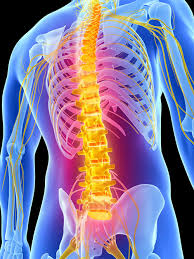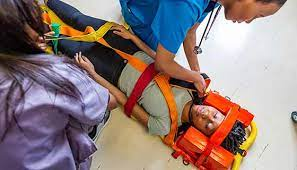This course provides staff with the necessary skills to care for patients with spinal cord injuries. There are four main elements to spinal injury care: autonomic dysreflexia, bowel and catheter care, and recovery planning. This training is essential for anyone involved in health or social care, including doctors and nurses. Here are the key elements to look for when selecting the right course for your staff:
Courses teach strategies for the management and progression of patients with spinal cord injuries. Throughout the course, healthcare staff learn about basic neuromuscular disease, respiratory and skin care, improving movement and other topics that can help them cope with their injuries or illnesses. These courses are for professionals, including doctors and allied health professionals. You can learn more about the specific features of spinal injury care in these courses. In addition, the courses prepare you for specialist clinical roles. Find out more about Clinical Training Courses and visit https://www.tidaltraining.co.uk/clinical-training-courses/
Throughout this course, you will learn how to recognise and manage patient scenarios involving the need for spinal motion restriction. The course will also review the assessment process, including the appropriate use of traditional spinal stabilisation tools. Throughout the course, you will practice using the tools that help you best manage the patient’s condition. This course can help you get the most out of your practice and improve your patients’ health.
Spinal injury is unique and specialist courses build on the extensive history of research in the field. The course will enhance your research and communication skills while developing a multidisciplinary perspective. These skills are vital in developing effective treatment plans for spinal cord injuries.



